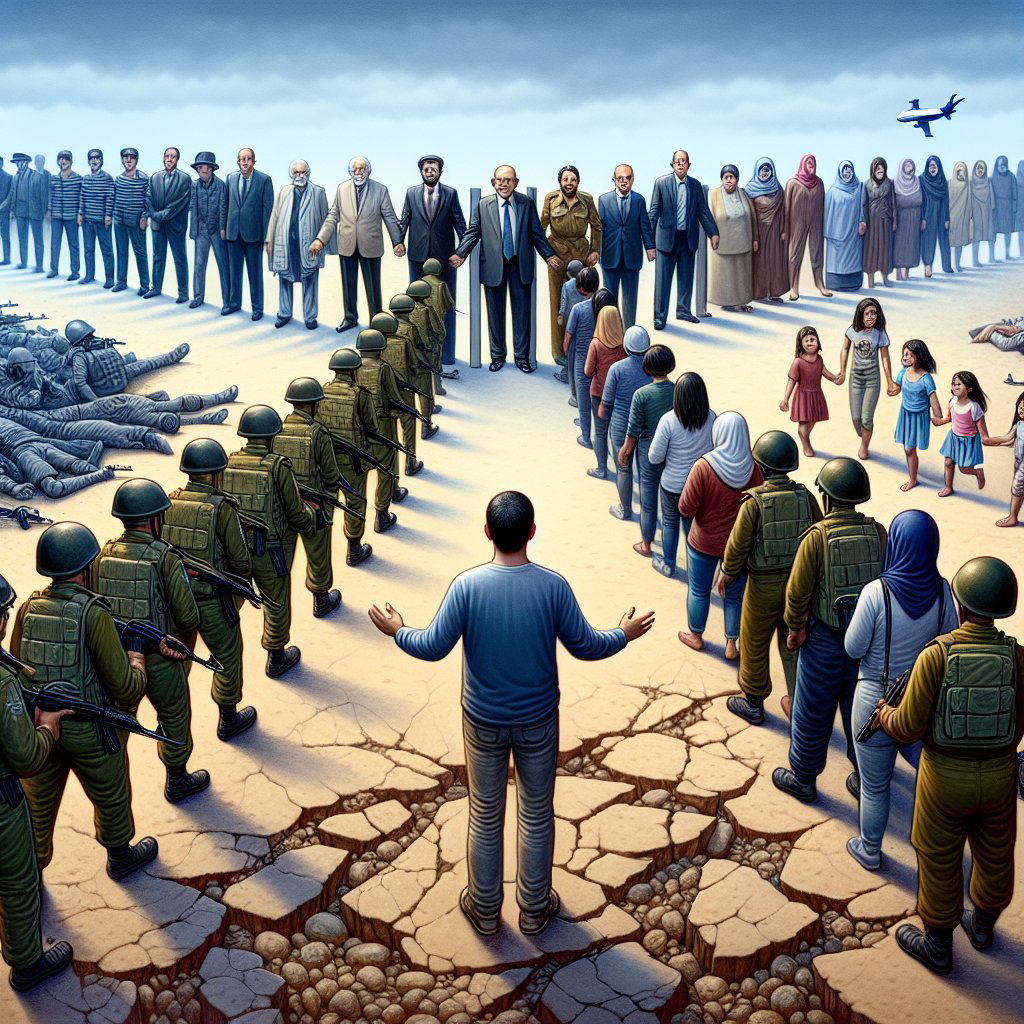Image: AI generated for illustration purposes
Truce Holds as Hostage Exchanges Continue Between Israel and Hamas
The ongoing truce between Israel and the Hamas-controlled Gaza Strip has witnessed another significant exchange of hostages, according to information provided by the Israeli military, the International Committee of the Red Cross (ICRC), and the mediator Qatar. This gesture of goodwill continues to underscore the current ceasefire's tenuous nature, as parties on both sides cautiously navigate the path towards a more sustained peace.
In a recent development that bolsters the fragile peace agreement, Hamas has followed through on its commitment to release a dozen more hostages, all of whom have safely arrived in Israel. The freed individuals included 10 Israelis and two Thai nationals, a move that was facilitated by the ICRC on Tuesday through the Rafah crossing, bridging Gaza and Egypt.
This humanitarian initiative was reciprocated by Israel with the liberation of 30 Palestinian prisoners, including 15 women and minors. Among those released was 14-year-old Ahmad Salayme, whose story was compellingly told in an interview. Subjected to harsh treatment during his captivity, young Ahmad’s release was met with stringent conditions ostensibly aimed at curtailing celebratory activities. Yet, as he remarked, these precautions could not dampen the sense of joy tinged with grief for the stricken Gaza community.
Under the stewardship of Qatar, this intricate exchange process forms a vital part of the ceasefire arrangements which have brought a temporary halt to hostilities in the Gaza Strip after Israel’s debilitating seven-week siege. More than an ad hoc measure, the agreement hints at the potential extension of the truce, with additional captive releases potentially taking place each day.
The broader context of these exchanges is marked by the sobering backdrop of casualties and destruction in the region. Gaza has seen over 15,000 fatalities, said to include more than 6,000 children, as reported by Palestinian officials. The assault and subsequent humanitarian crisis have led to hundreds of thousands of Palestinians being displaced from their homes.
Despite these adversities, the ongoing exchange of prisoners follows one of the most significant attacks by Hamas on southern Israel on October 7, which claimed the lives of around 1,200 individuals according to Israeli accounts. An estimated 240 captives were taken in the initial offensive, and since then, a considerable number have been set free under the prevailing Israel-Hamas deal.
This temporary peace is also underscored by a cessation of hostilities and a commitment by Israel to increase humanitarian aid to Gaza. Although fragile, this truce remains a testament to the potential for dialogue and negotiation in mitigating this protracted conflict.
While relief and reserved optimism characterize the current state of affairs, it is evident that true peace remains elusive in the face of profound loss and historical enmity. Nevertheless, these steps provide a semblance of hope and a paradigm indicating that even amidst decades of hostility, cooperation remains possible under the direst of circumstances.










